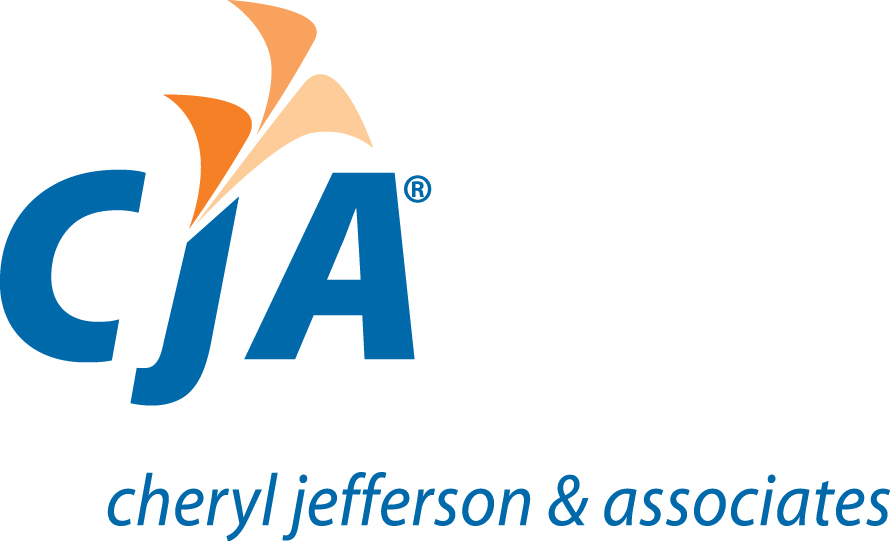DCAA Compliant Timekeeping
One would think, timekeeping would be a simple process. An employee is paid for 40 hours a week, so how difficult can it be? Not so fast. The Defense Contract Audit Agency (DCAA) focuses on the labor charges process just as much as, if not more than, the end result. The DCAA takes a company’s internal controls for labor charges very seriously. While other expenses and charges can be supported by third party documentation and/or physical proof, labor time cannot. Time is recorded by the employees through the use of time sheets, time clocks, computer programs, etc. Some of these are more susceptible to manipulation than others. This is why, it is critical for government contractors and subcontractors to have policies and procedures which are in compliance with the DCAA.
The Federal Acquisition Regulation (FAR) gives some basic requirements, but reading FAR raises more questions regarding timekeeping than answers. Another resource to use to ensure time keeping records are DCAA compliant is to go directly to the DCAA Contract Audit Manual. Section 5-909 discusses manual timekeeping and automated timekeeping systems.
There are eight requirements for manual timekeeping given in Section 5-909.1.
1) employees’ clocking in/out should be observed by someone in a supervisory position, 2) employees must be in possession of their timecard, 3) employees are responsible for preparing the timecards and must use ink, 4) there should only be one timecard per employee per period, 5) the timecards should have pre-coded data for job identification purposes, 6) direct labor employees are required to record their time at a minimum on a daily basis, 7) any correction made need to be made in ink, initialed by the employee, authorized, and provides an explanation on the timecard, and 8) timecards should be signed by both the employee and supervisor to verify the accuracy of the timecard.
The principles for manual time keeping are used for auditing an automated timekeeping systems in Section 5-909.2. The requirements per the DCAA Contract Audit Manual are 1) employees must have access to the timekeeping system to directly enter his or her time, 2) employee assigned badges cannot be duplicated or issued to unauthorized persons, 3) appropriate procedures must be in place requiring an employee to report lost badges immediately, 4) as in the manual timekeeping requirements; changes must be initialed, authorized, dated, and explained by the employee and supervisor which can be done electronically, and 5) the timekeeping system must keep an audit trail for all initials and changes.
The DCAA takes falsification of payrolls and records very seriously. Per FAR 52.222-8(b)(4), the contractor or subcontractor may be subject to a civil or criminal prosecution under US Code Title 18 – Fraud and False Statements Section 1001 and US Code Title 31 Section 3729 – False Claims. Notice subcontractors are held accountable as well. Per the “Information for Contractors” manual; employees, supervisors, managers and officers, and the company can all be held responsible for knowingly submitting/approving false information. Keep in mind this will affect the company’s contracts and the ability to obtain new contracts.
Set aside some time to follow through on these suggestions. First, evaluate your company’s timekeeping system, including outsourced timekeeping systems. Take all questions and concerns to your accountant and/or contracting officer. Second, make sure your company not only has a timekeeping written policy, but make sure it is up-to-date. Third, train your employees. Just because they have read the company policies, does not mean they understand how to implement it. Fourth, schedule time annually to revisit the timekeeping process. You can also have your CPA conduct a floor check or timesheet audit. Taking these proactive step can help prevent costly timekeeping errors, fraud, and prosecution by the DCAA.
